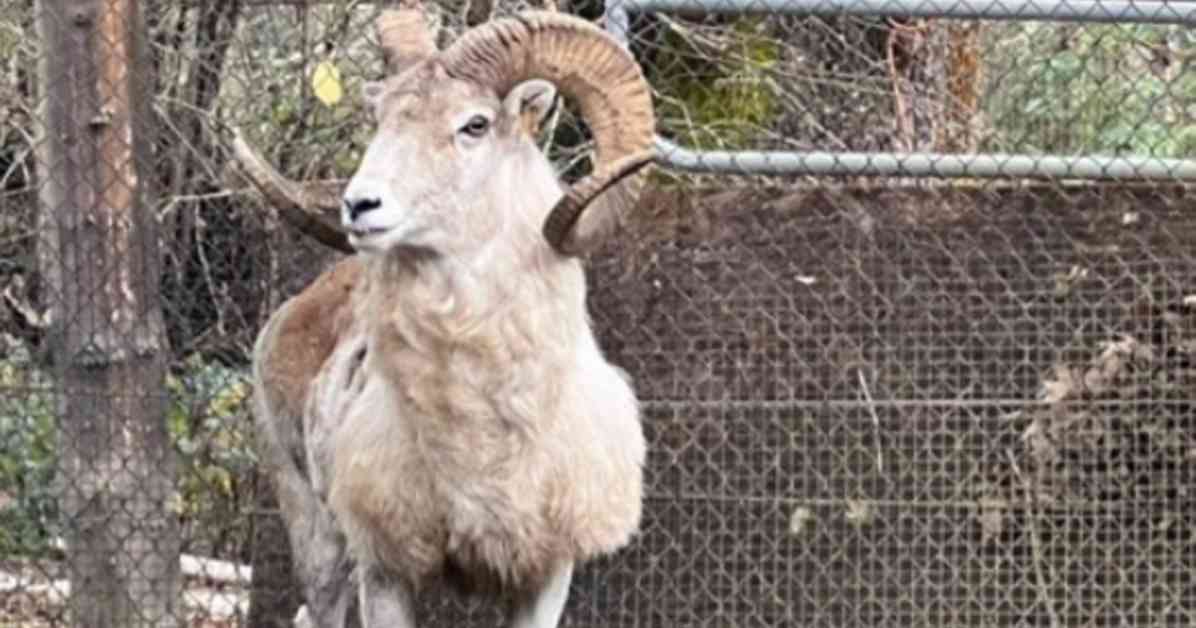Arthur “Jack” Schubarth, an 81-year-old man from Vaughn, Montana, was recently sentenced to six months in federal prison for illegally creating hybrid sheep for captive trophy hunting in Texas and Minnesota. The illegal operation involved using tissue and testicles from large sheep hunted in Central Asia and the U.S. to clone a giant Marco Polo sheep, which Schubarth named “Montana Mountain King” or MMK.
The sentencing, handed down by U.S. District Court Judge Brian Morris, also included a $20,000 fine and a $4,000 payment to the U.S. Fish and Wildlife Foundation. Despite Schubarth’s age and lack of a criminal record, the judge felt a harsh sentence was necessary to deter others from attempting similar actions that could threaten wildlife populations.
The cloned sheep, MMK, has been confiscated by the U.S. Fish and Wildlife Services and is currently being held in an accredited facility until it can be transferred to a zoo. The illegal breeding operation orchestrated by Schubarth was considered widespread and complex, endangering the health of other wildlife species. The crime involved violating federal and state laws as well as international treaties.
Schubarth’s attorney, Jason Holden, argued for a probationary sentence, highlighting his client’s history of caring for animals and the unique nature of the cloning project. However, the prosecution pushed for prison time, emphasizing the severity of the offense and the need to hold Schubarth accountable for his actions.
In addition to the legal consequences, Schubarth has been prohibited from breeding game stock during his three-year probation period. The remaining hybrid sheep with Marco Polo DNA on his ranch must be sent to slaughter, with the meat donated to a food bank. Schubarth has until December 2025 to sell his Rocky Mountain bighorn hybrid sheep.
The case has raised concerns about illegal wildlife trafficking and the ethical implications of genetic manipulation for trophy hunting purposes. Schubarth’s actions not only violated laws but also posed a threat to Montana’s native wildlife species. The sentencing serves as a reminder of the importance of upholding conservation efforts and protecting the natural habitats of animals.
As the investigation continues, Schubarth’s cooperation with prosecutors and willingness to testify could shed light on the extent of the illegal breeding operation and potentially lead to further charges against other individuals involved in the conspiracy. The case serves as a cautionary tale about the consequences of exploiting wildlife for financial gain and the need to preserve the integrity of natural ecosystems.























